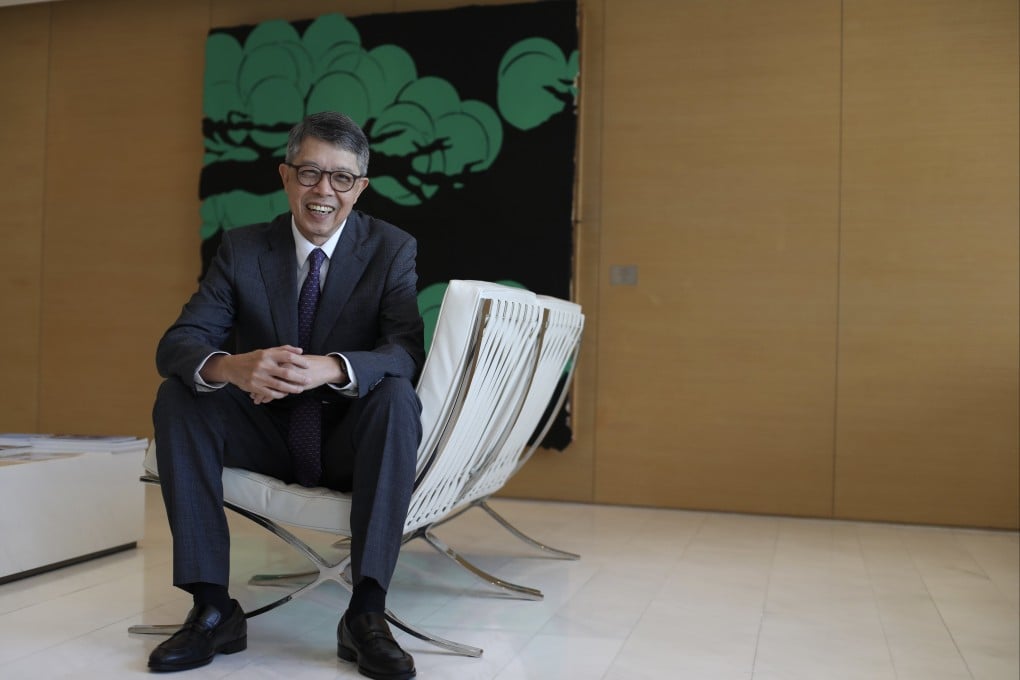Exclusive | Hong Kong developer Wharf calls for ‘comprehensive review’ of property market curbs to stop the rot in home sales, prices
- Stephen Ng, chairman of the Wharf group, says a ‘comprehensive review’ is needed to remove market curbs as economic conditions have changed since 2009
- Recent easing measures are inadequate and not enough to overturn the current price slide and dire sentiment

After more than 10 years, “it is time to do a comprehensive review and [that should] involve different sectors of the community to come in with different views”, Stephen Ng Tin-hoi, chairman of the property group, said in an exclusive interview. “Then we can make an informed decision about which way to go.”
Hong Kong’s government slammed the brakes on the property market from 2009 douse excessive price speculation, after global interest rates fell to near-zero following the Lehman Brothers collapse. Among others, authorities tightened borrowing margins, imposed higher duties on foreign purchasers, as well as on buyers who flipped their assets within three years.
“We strongly believe that the Hong Kong government will remove some of the harsh measures,” which could come as soon as the annual policy address next month, Raymond Cheng, head of China and Hong Kong research at CGS-CIMB Securities, said in an email. “The property market has already corrected meaningfully in the past two years.”

